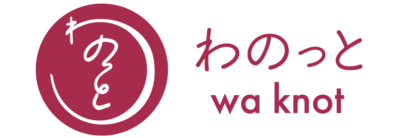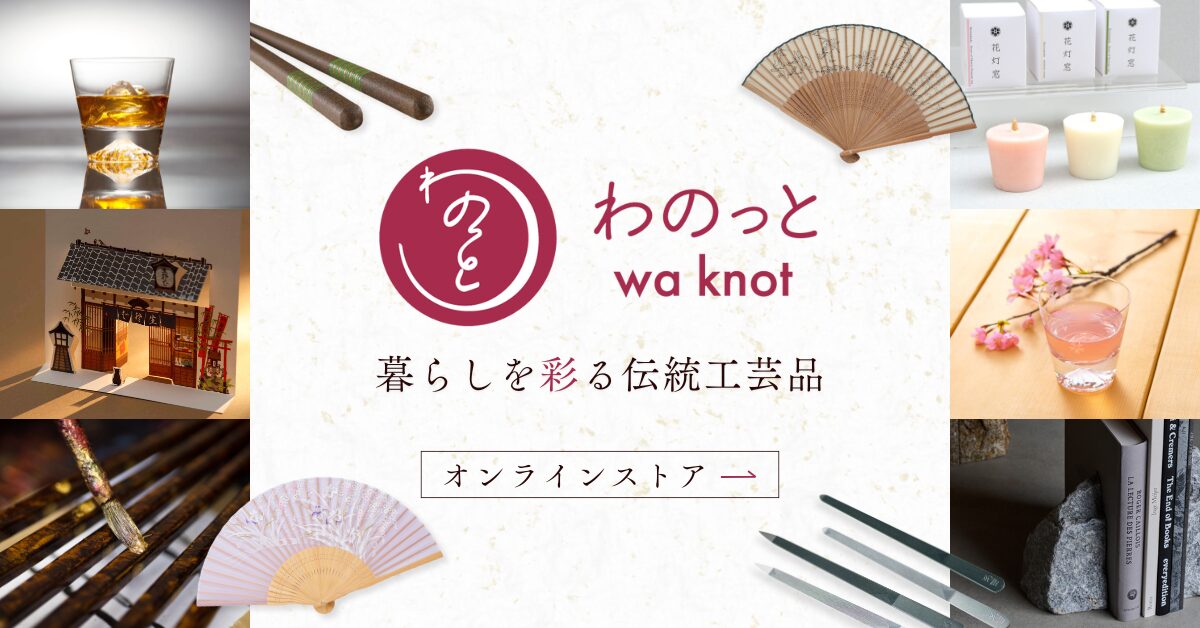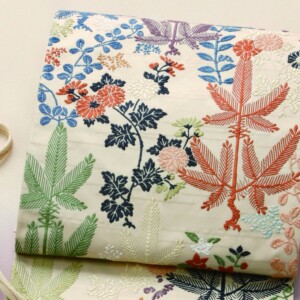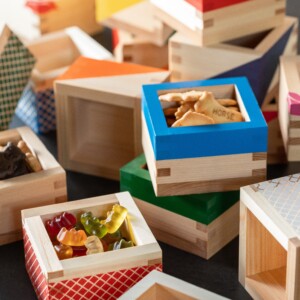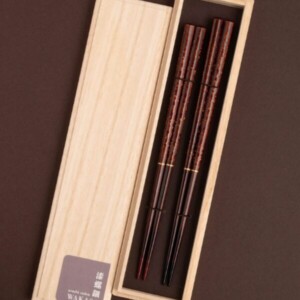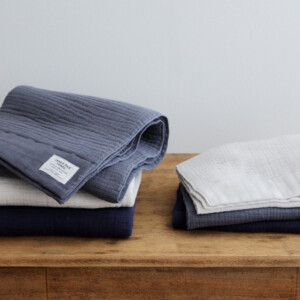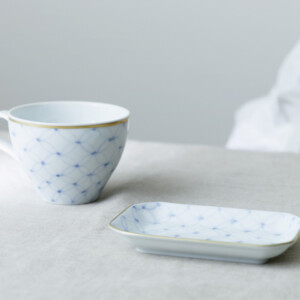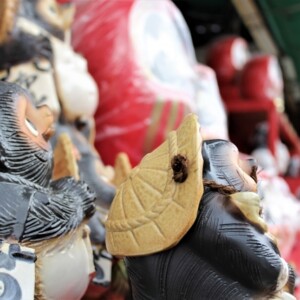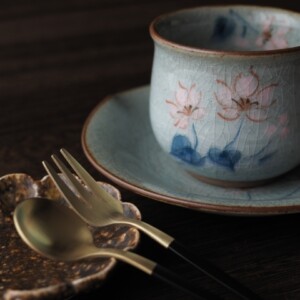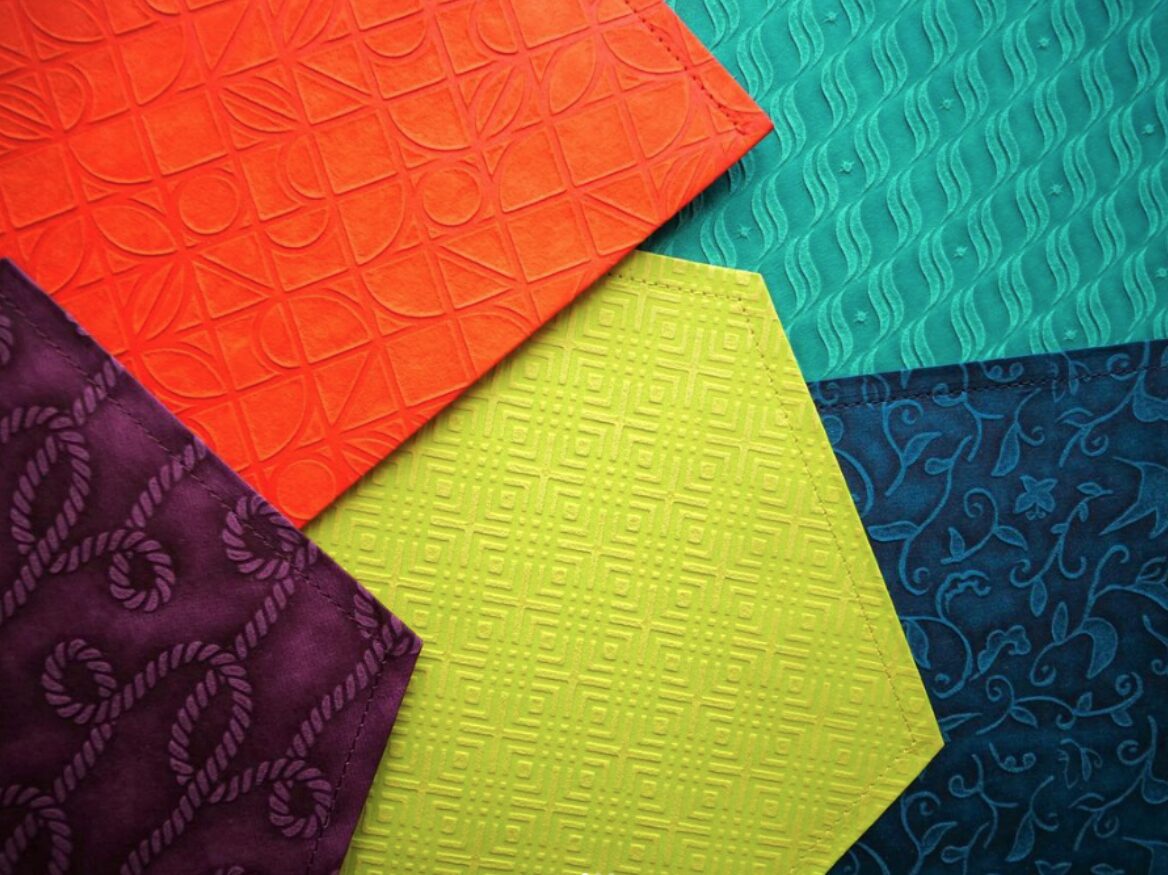
The appeal of Yamatsugi Paper Mills’ washi|The challenge of hybridizing tradition and cutting-edge technology!
Washi paper has been used since ancient times for writing. Despite its beauty and durability, it has become less and less familiar to Japanese people over time.
In this issue, we introduce Yamatsugi Paper Mills, which continues to take on the challenge of “making washi a commonplace of the modern age.
By learning about the thoughts of the craftsmen, you will surely be attracted to a careful lifestyle with washi.
Let’s take a look at Yamatsugi Paper Mills’ challenge.
Making washi since the first year of Meiji Era! Yamatsugi Paper Mills

Yamatsugi Paper Mills is a manufacturer of handmade Echizen washi paper. Although the company was founded in 1868, it is also a cutting-edge washi papermaker.
In its early years, the company produced plain handmade washi used as the highest quality official paper. In the early Showa period (early 20th century), the company began to produce colorful washi using techniques such as “hooking,” “straining,” and “pouring” to create patterns.
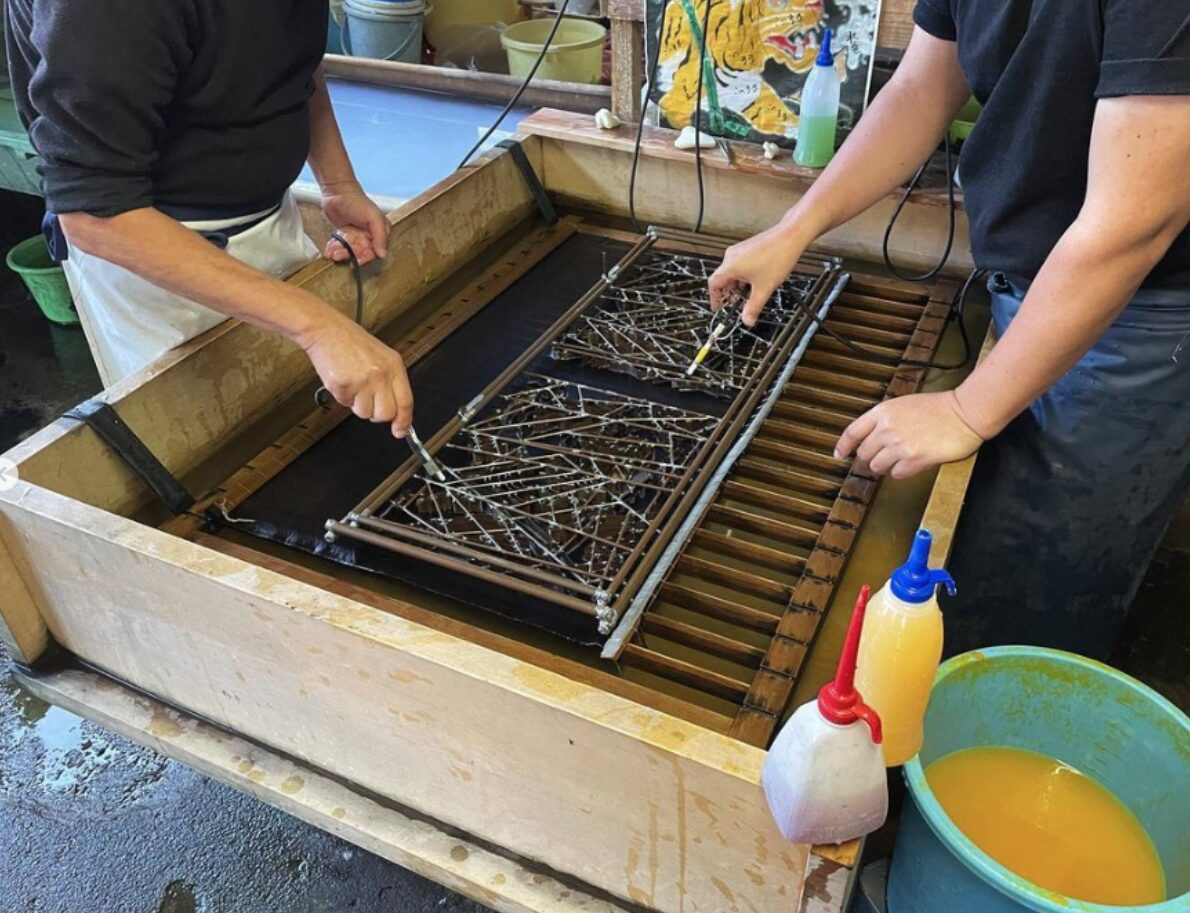
In recent years, the company has been actively engaged in the production of “floating paper” using new techniques.
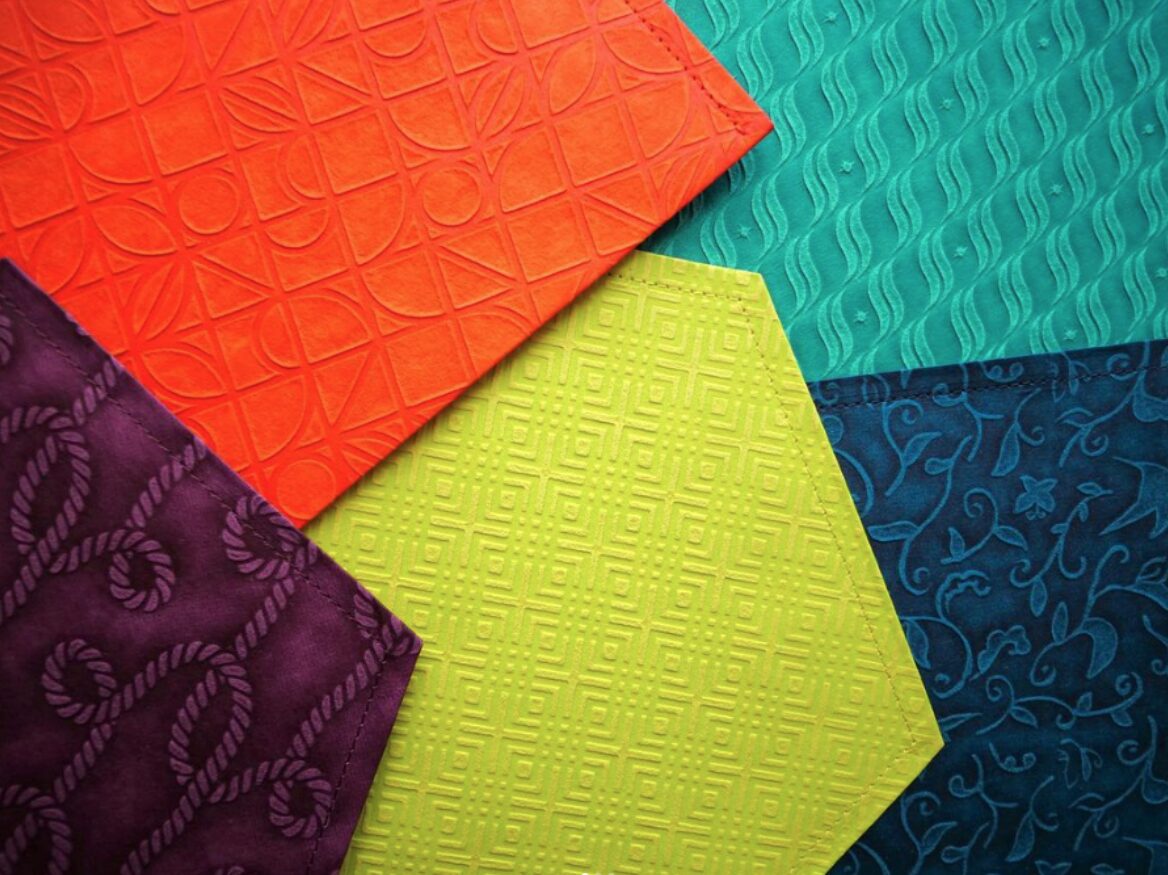
Yamatsugi Paper Mills is opening up the possibilities of Echizen washi by combining inherited techniques with cutting-edge technology.
The traditional craft of Fukui! About Echizen Washi
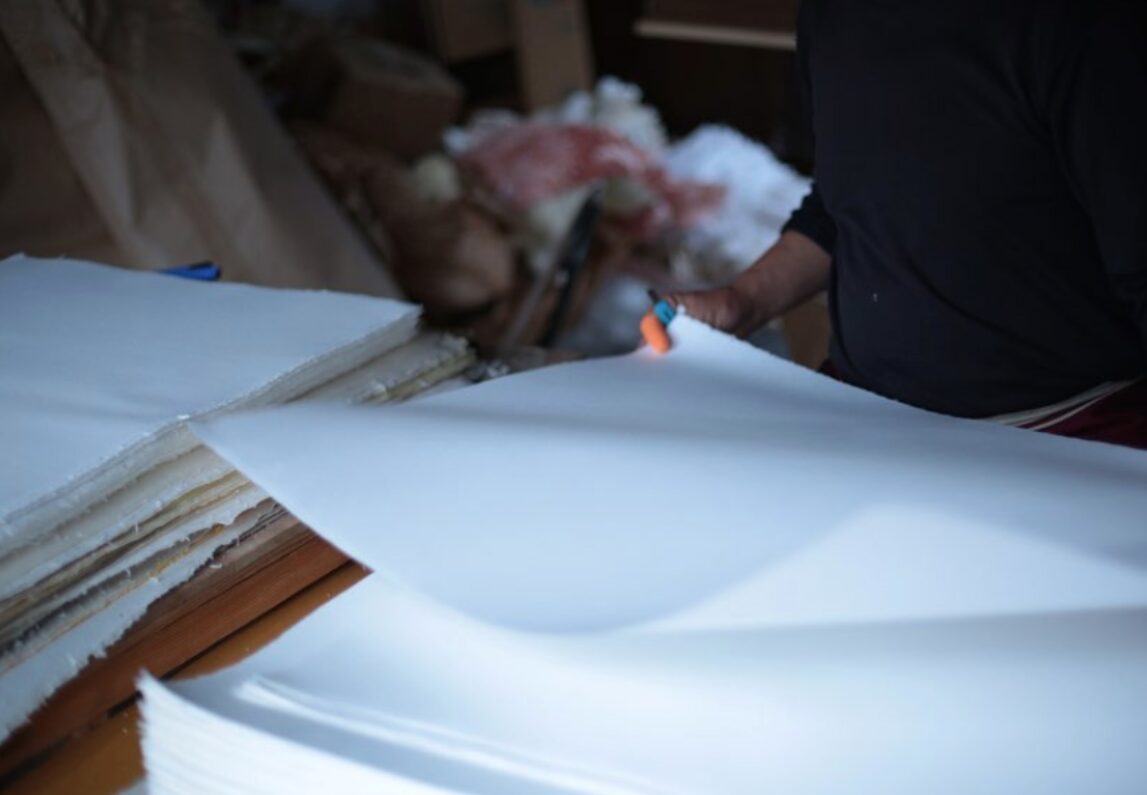
Echizen Washi was born 1500 years ago. The papermaking technique was handed down from the gods.
Echizen City in Fukui Prefecture, with its clear river running through it, is the perfect environment for washi papermaking, which requires water for many processes. The town flourished as a washi production center, with washi studios that harmonized water, fiber, and reliable techniques.
Echizen washi, which is strong, supple, and beautiful, was a familiar part of people’s lives and an item that enriched their hearts.
We want to make washi a normal part of modern life.
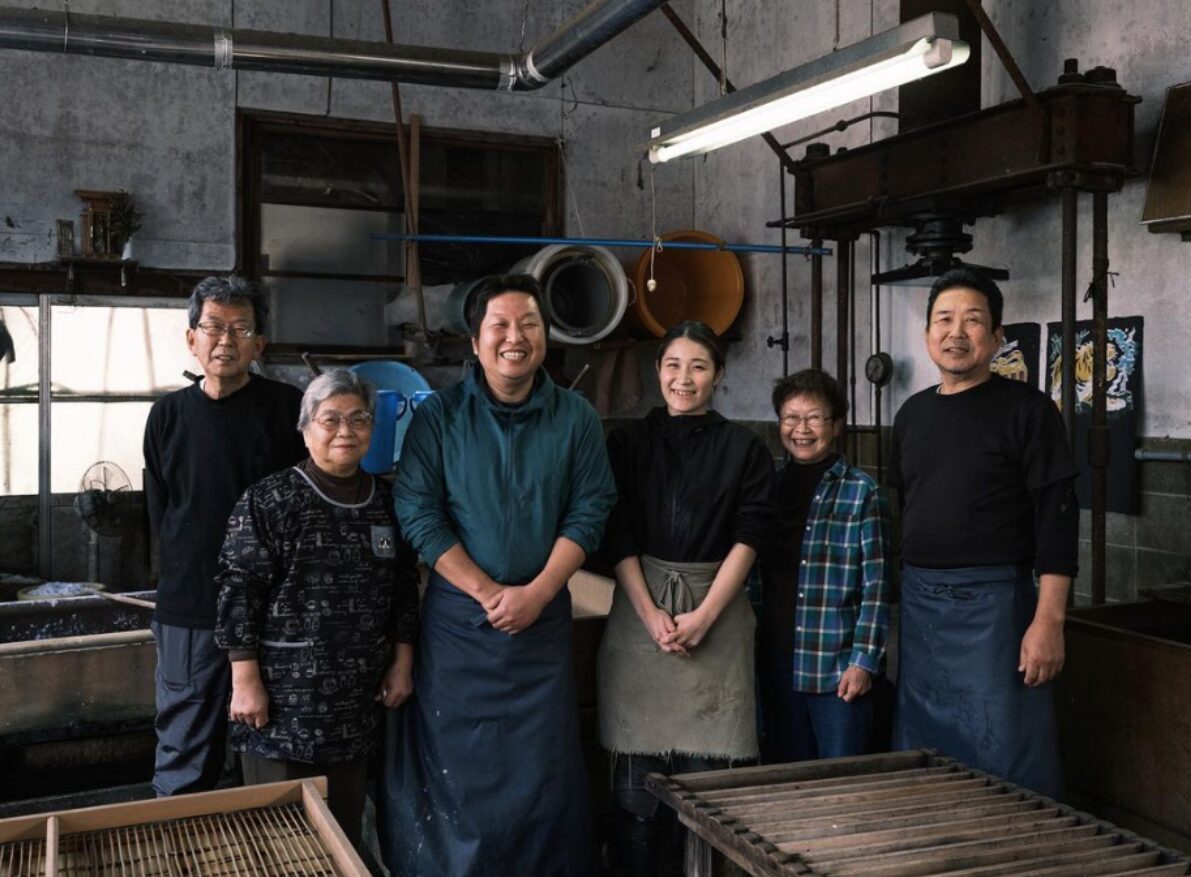
Washi paper used to be a daily necessity. As times have changed, it has been viewed as a “traditional craft” and “something special.
Washi has lost its emotional distance from modern people, and we want people to feel as close to it as they did in the past.
Yamatsugi Paper Mills is striving to produce washi with the vision of “making washi a normal part of modern life.
Echizen washi is often thought of as a difficult paper to use. However, depending on how it is used, it can be integrated into modern lifestyles. How can we make it easier to use in everyday life?
The struggles, convictions, and constant efforts of our craftsmen are the driving force behind Yamatsugi Paper Mills.
Ukigami, a hybrid of traditional and cutting-edge Japanese paper
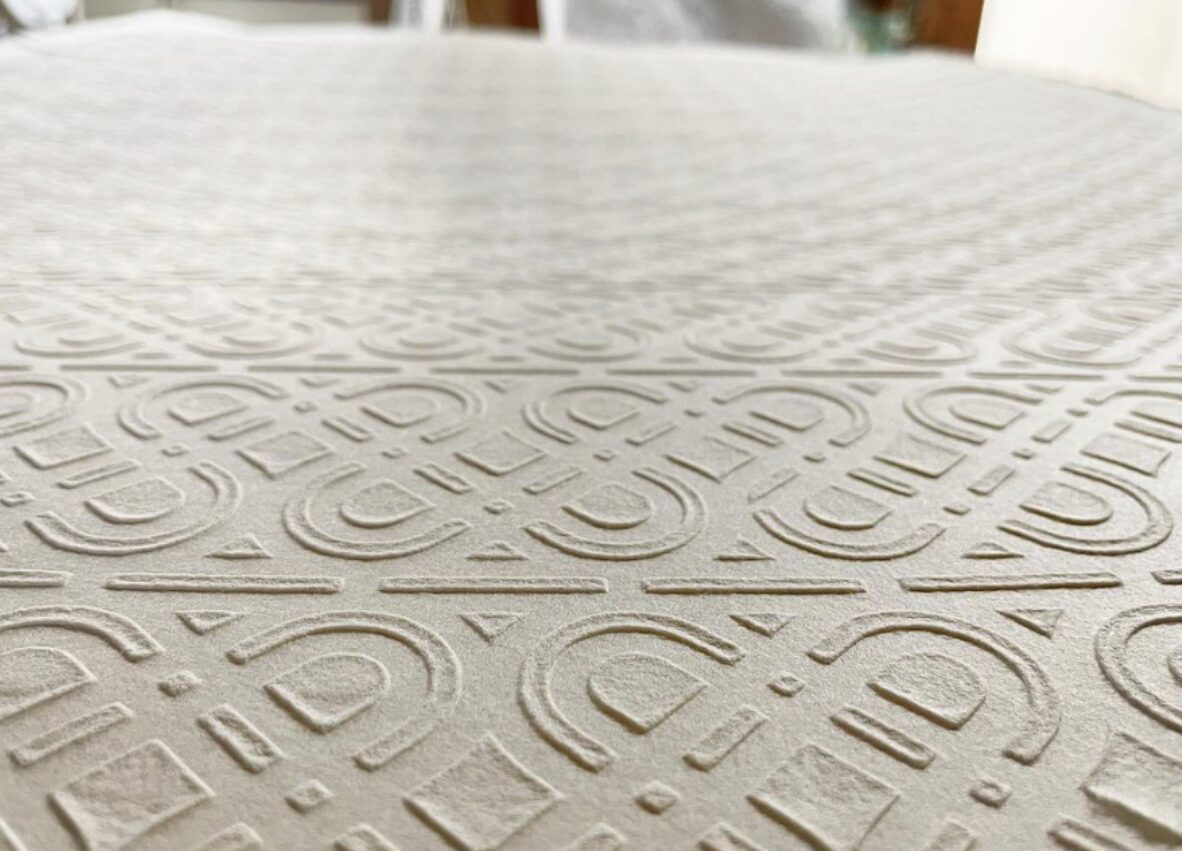
Washi paper is losing demand, but we want to preserve it for future generations. Ukijishi” was born out of a hope for the future. This is Yamatsugu Paper Mills’ original Echizen washi.
Uki kigami” has a distinctly uneven surface, while the reverse side is flat, allowing it to be attached or sewn on freely. The name comes from the fact that graphic designs created on a flat surface look as if they are floating.
Uki paper is a hybrid of traditional and cutting-edge washi that combines analog handmade washi made by hand from raw materials with digital technology.
It moves the heart! Washi Items
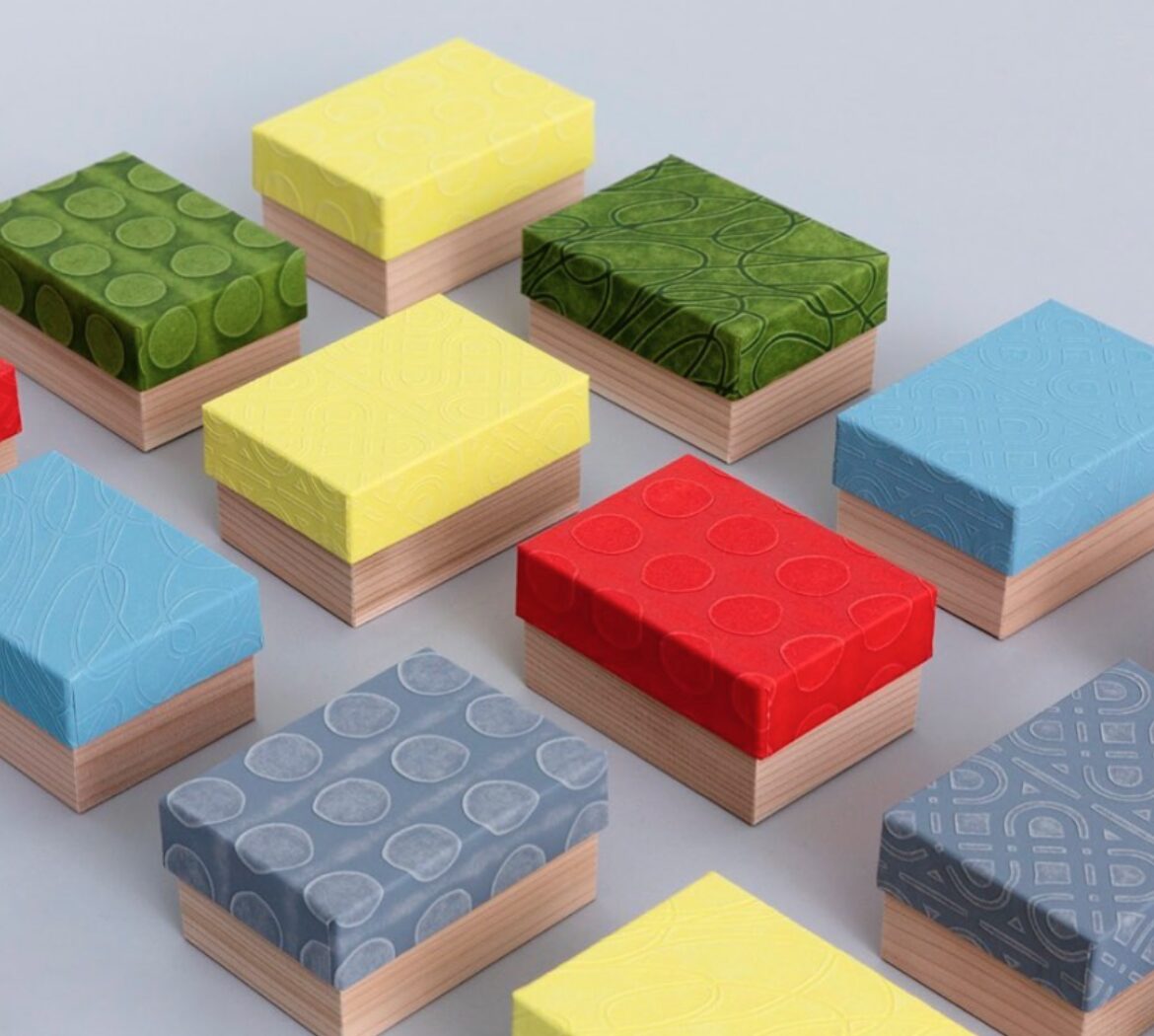
Tea cans, card cases, notebooks, etc. made of floating paper.
This is a new and wonderful design.”
“I may have never seen this anywhere else.”
The charm of Yamatsugi Paper Mills is that even though the items are made from Echizen Washi, a traditional craft, they feel fresh and new.
The reason why the items strike you as “new” when you see them is not because the times have changed and they are no longer old, but because the evolution of the times has been updated in the washi as well.
The product brand “UKIGAMI” is all original designs, and in-house designers are in charge from the very conception.
Tea can
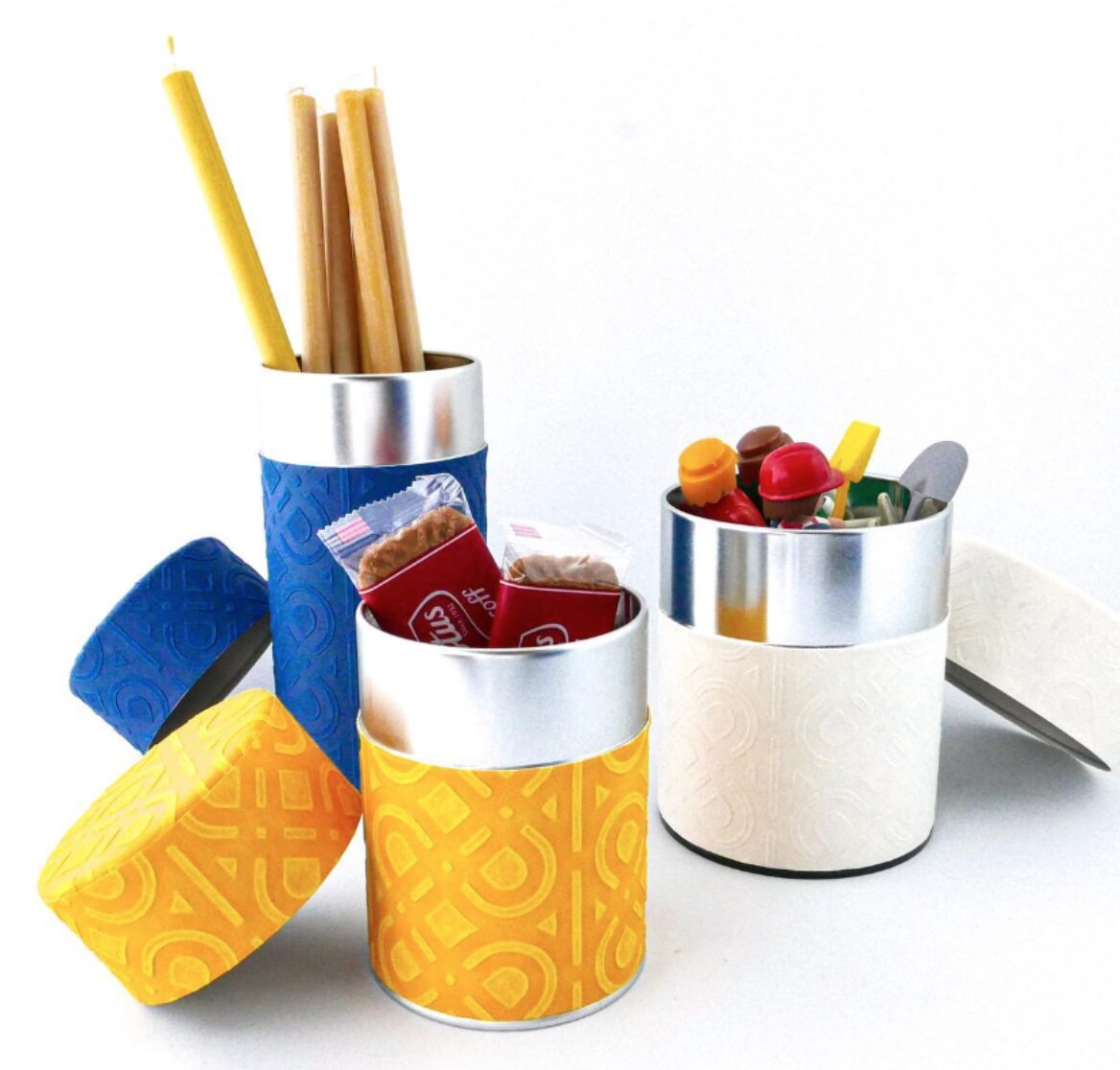
Tea cans made of floating paper. The more you use it, the more you will become attached to the uneven surface you touch when opening the lid.
Tea cans are useful for storing not only tea leaves but also coffee beans, pasta, and sweets. It is also useful as a small container.
The well-designed appearance will add color to your kitchen or living room.
Washi Box

Floating paper is used for the lid of the Washi box. The box is made of natural Akita cedar, one of the three most beautiful forests in Japan. The gorgeousness of the floating paper and the warmth of the Akita cedar match each other, making this item an item you will want to put your favorite things in.
It is useful as a small container for stationery, makeup tools, business cards, and other small items.
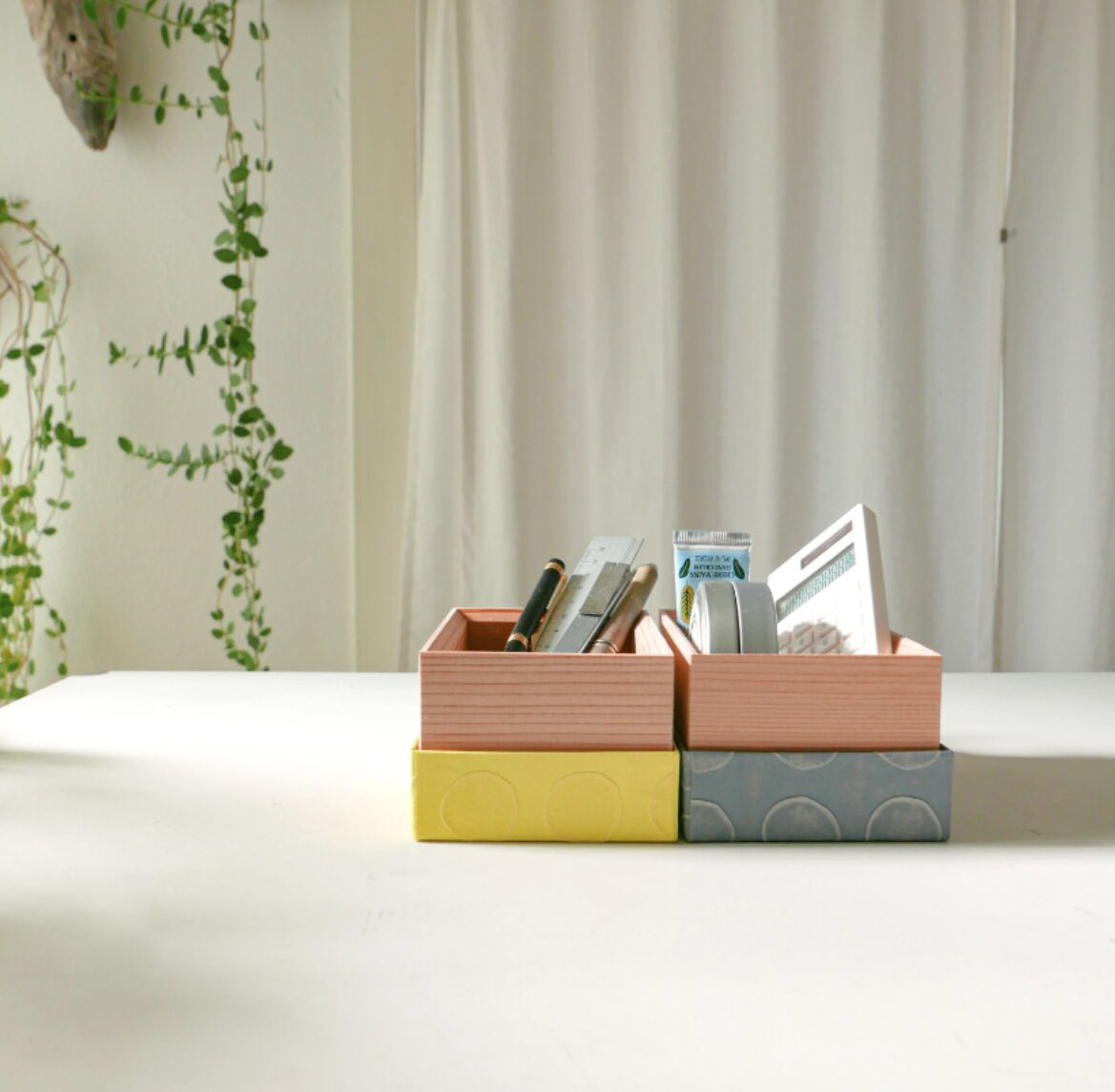
Designed to blend in with the room. Its soothing touch and rich fragrance will soothe you every time you use it. You will be healed every time you use it.
Card Case
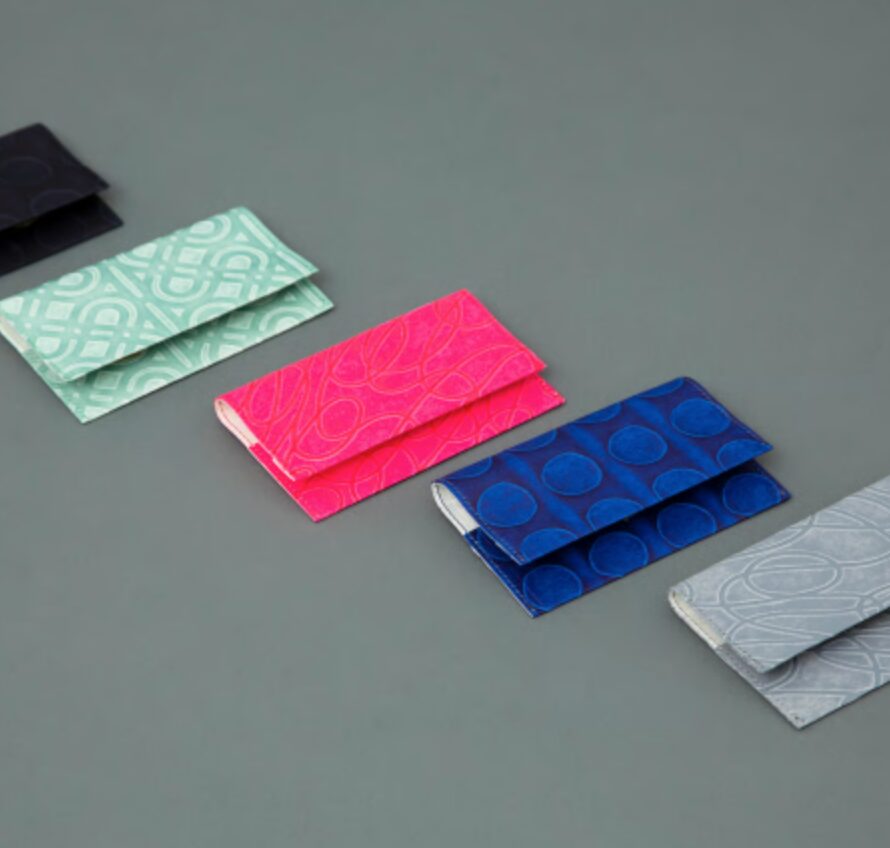
The card case is an item made of floating paper on the outside and durable “Kozo paper” on the inside. It can be used not only as a business card case, but also as a point card or mini wallet. It can hold approximately 20 business cards and can be used in a wide range of situations from private to business.

The more you use it, the softer and softer it becomes. The more you love this card case, the softer it becomes, and you can enjoy how it changes over time as it grows accustomed to your hand.
The impactful appearance will add color to your important business card exchanges.
Envelope
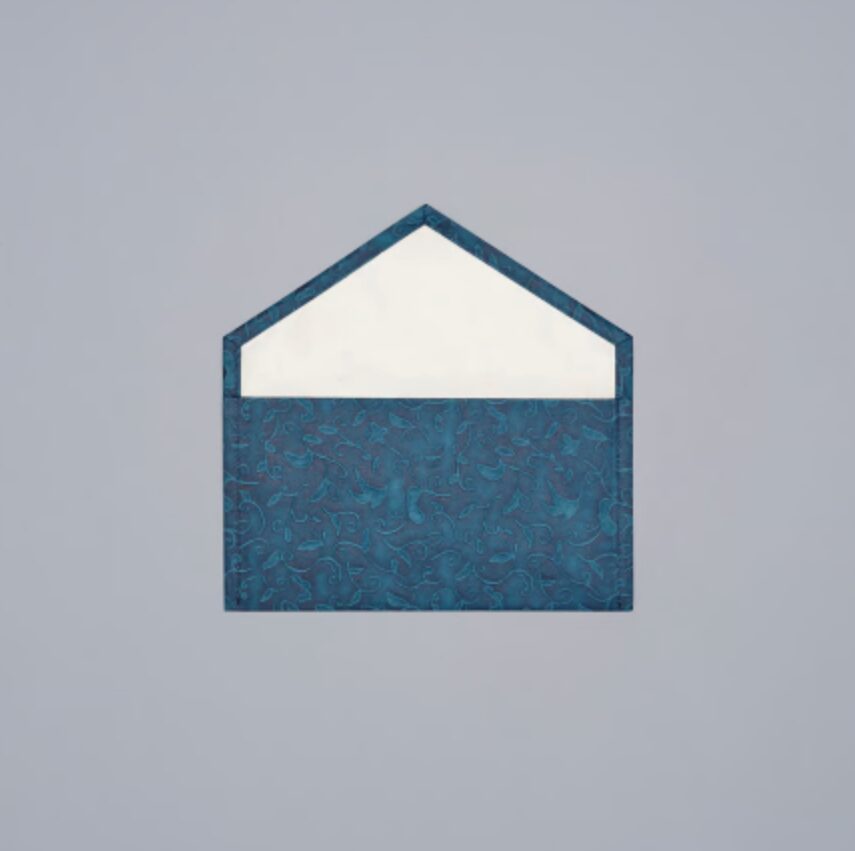
The name “envelope” is derived from its envelope-like shape and its meaning of “wrapping” something important.
It is just the right size to hold a passport for an exciting trip, a ticket to enjoy your favorite hobby, or a bank book to keep in a safe place.

The outside is made of floating paper and the inside is made of sturdy Kozo paper stitched together for added strength. The slim appearance and cute design will be useful in every aspect of your life.
Craftsmen’s Challenge Continues Tomorrow

Yamatsugi Paper Mills makes all of its washi, not just the floating papers, by hand. A single craftsman can make as many as 400 sheets a day.
Although the process takes only 30 seconds, it takes three to four years to master the technique of making 100 sheets of 200 paper of the same thickness.
Washi craftsmen, for whom discipline is indispensable, work hard in their daily production with the belief that they want to make washi a commonplace of the modern world.
Echizen washi, produced with the passion and refined techniques of these craftsmen, has been and still is a part of people’s lives and enriches their hearts.
Yamatsugi Paper Mills official website
Yamatsugi Paper Mills Official Online Shop

